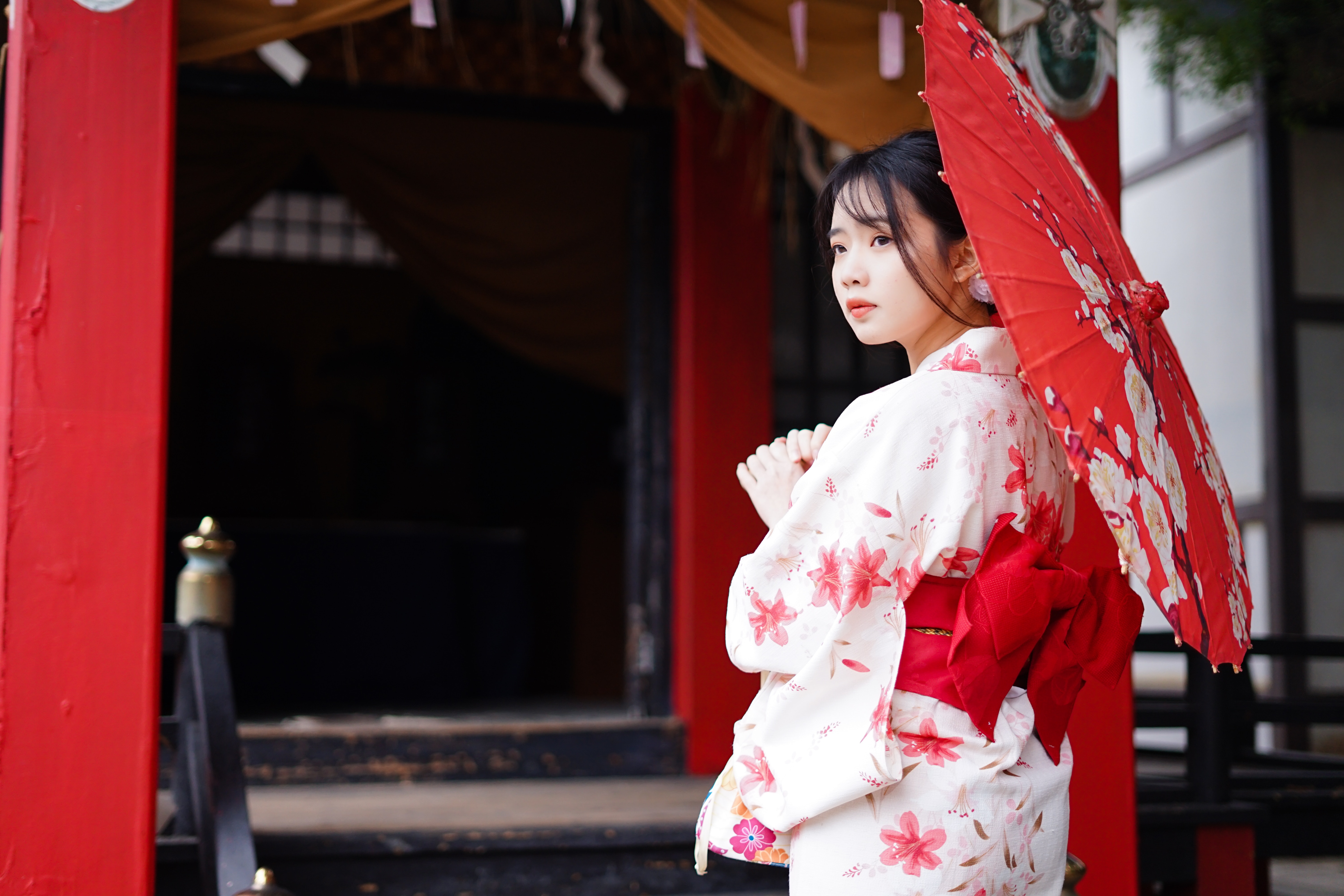
Idella (aidera) in Japanese
Idella in Katakana
アイデラ
Idella in Romaji
aidera
Idella in Hiragana
あいでら
The name Idella in Japanese Katakana is アイデラ which in romaji is aidera. Katakana is the standard translation for names into Japanese, Idella in Japanese Hiragana, the non-standard translation for names into Japanese, is あいでら.
How do you write Idella in Japanese Kanji?
The closest sounding kanji name that sounds similar to "idella" is 合田 (Aida), pronounced as "a-i-da". The kanji means "coming together of rice fields".
The western meaning of the name "Idella" is "Light of the Lord". The closest matching Kanji name based on this meaning is 恵輝 (えき-き). This name is pronounced "e-ki-ki" and it means "blessing and radiance".
Get the inside scoop on life and travel in Japan
Names similar to Idella
fidela fidera
フィデラ Learn More
fidelia fideria
フィデリア Learn More
della dera
デラ Learn More
idell ideru
イデル Learn More
idelle aideru
アイデル Learn More
gabriella gaburiera
ガブリエラ Learn More
adela adera
アデラ Learn More
adelaide adereedo
アデレエド Learn More
adell aderu
アデル Learn More
adelle aderu
アデル Learn More
bella bera
ベラ Learn More
dallas darasu
ダラス Learn More
declan dekuran
デクラン Learn More
delaney dereinii
デレイニイ Learn More
delano derano
デラノ Learn More
delia deria
デリア Learn More
delila diraira
ディライラ Learn More
delilah diraira
ディライラ Learn More
dell deru
デル Learn More
delma deruma
デルマ Learn More
delta deruta
デルタ Learn More
ella era
エラ Learn More
idalia idaria
イダリア Learn More
idel aideru
アイデル Learn More


